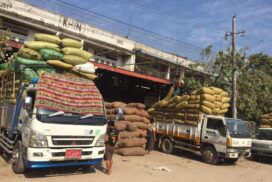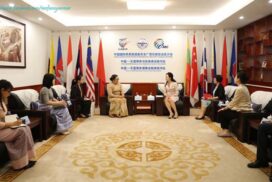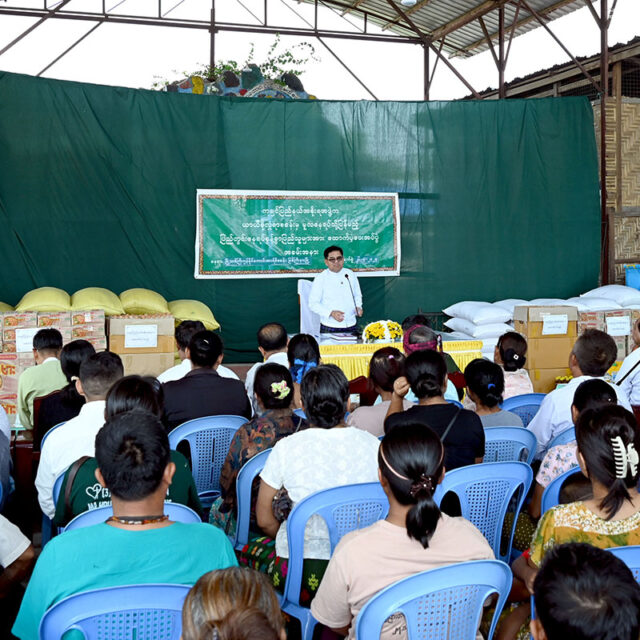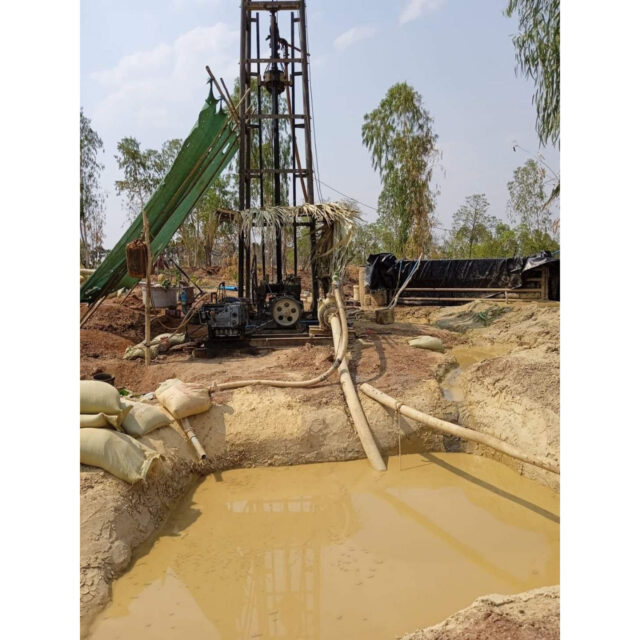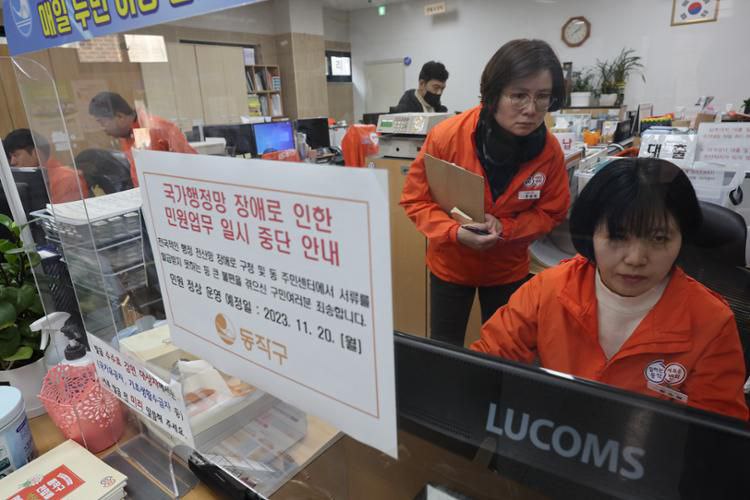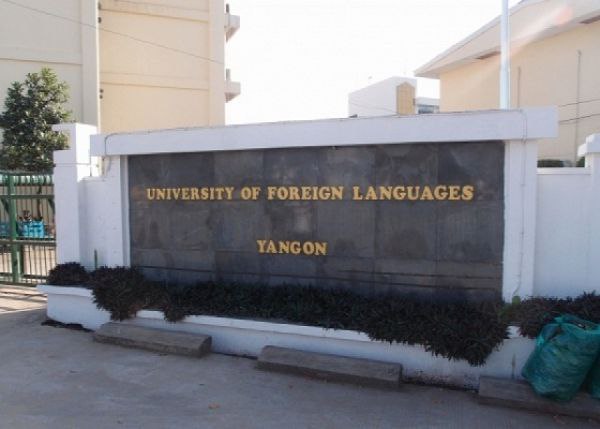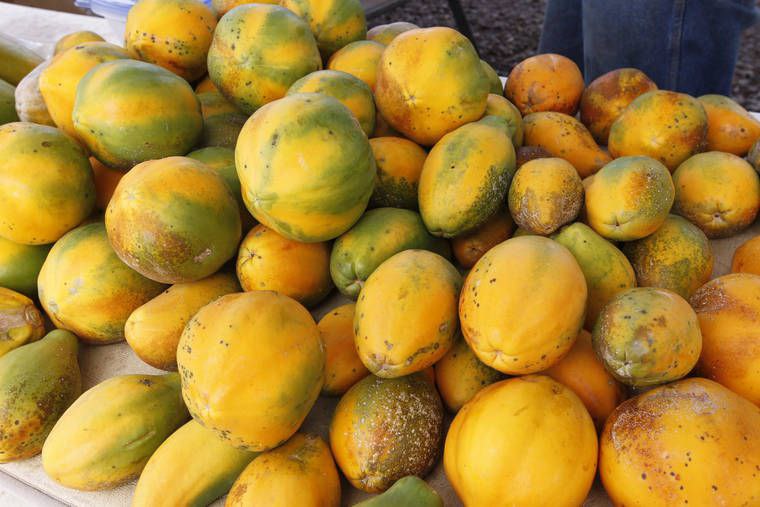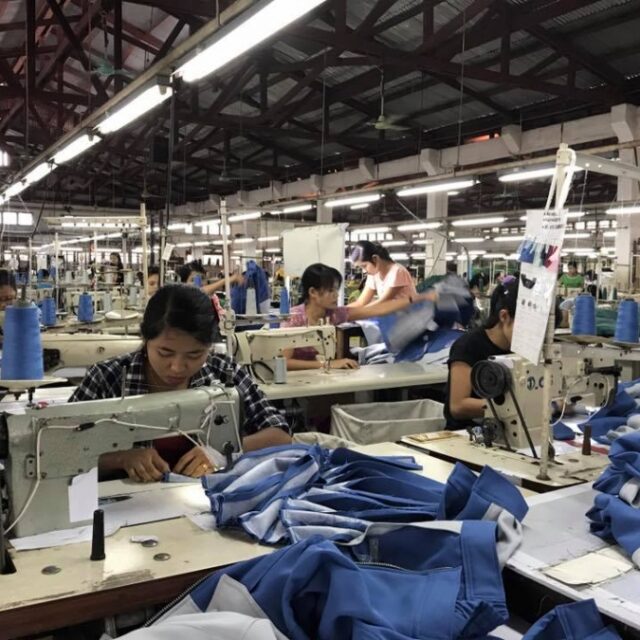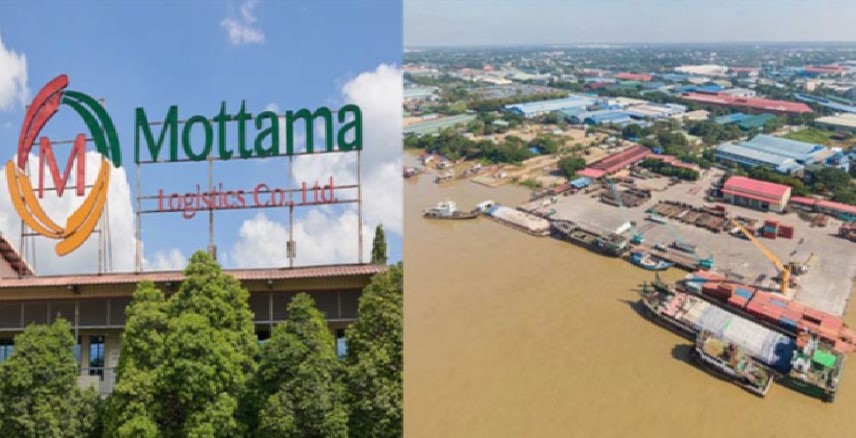Only if China lifts COVID restrictions can Muse border trade revive, said U Min Thein, the Muse Rice Wholesale Depot vice-chair.
China banned Myanmar trucks and drivers from entering its side because of the COVID-19 protocols, and only Chinese short-haul drivers are allowed to transport the goods.
As a result, the cost of Chinese short-haul trucking tremendously rose to K10 million per truck, whereas the trucking was worth only K700,000-K800,000 when Myanmar truckers were allowed to enter China, he continued.
“China permits only their trucks for freight forwarding service because of the COVID rules. Myanmar’s trucks cannot enter China, and there is a shortage of China’s trucking services. If Myanmar trucks are allowed to enter China’s border, transportation costs will certainly drop. Another trade barrier is a red tape of the COVID regulations,” he elaborated.
Therefore, the rice and broken rice export volume plunges from 60,000 to 4,000 bags per day, U Min Thein stressed.
The exports of rice and broken rice drastically fell in the past mini-budget period (October 2021-March 2022). Border trade saw exports of 76,000 tonnes only out of 1.4 million tonnes in overall export.
China shut down all the checkpoints linking to the Muse border amidst the COVID-19 pandemic. Of the checkpoints, Kyinsankyawt has resumed trading activity from 26 November on a trial run. Myanmar daily delivers rubber, various beans and pulses, dried plum, watermelon, muskmelon and other food commodities to China through Kyinsankyawt post with about 30 trucks.
Myanmar has opened five border trade zones with China — Muse, Lwejel, Kampaiti, Chinshwehaw and Kengtung. Most of the trade is carried out through the Muse land border, the Ministry of Commerce’s data indicated. — NN/GNLM
Only when China eases virus policy can Muse border trade recover: MRWD
- May 03, 2022
- 597



